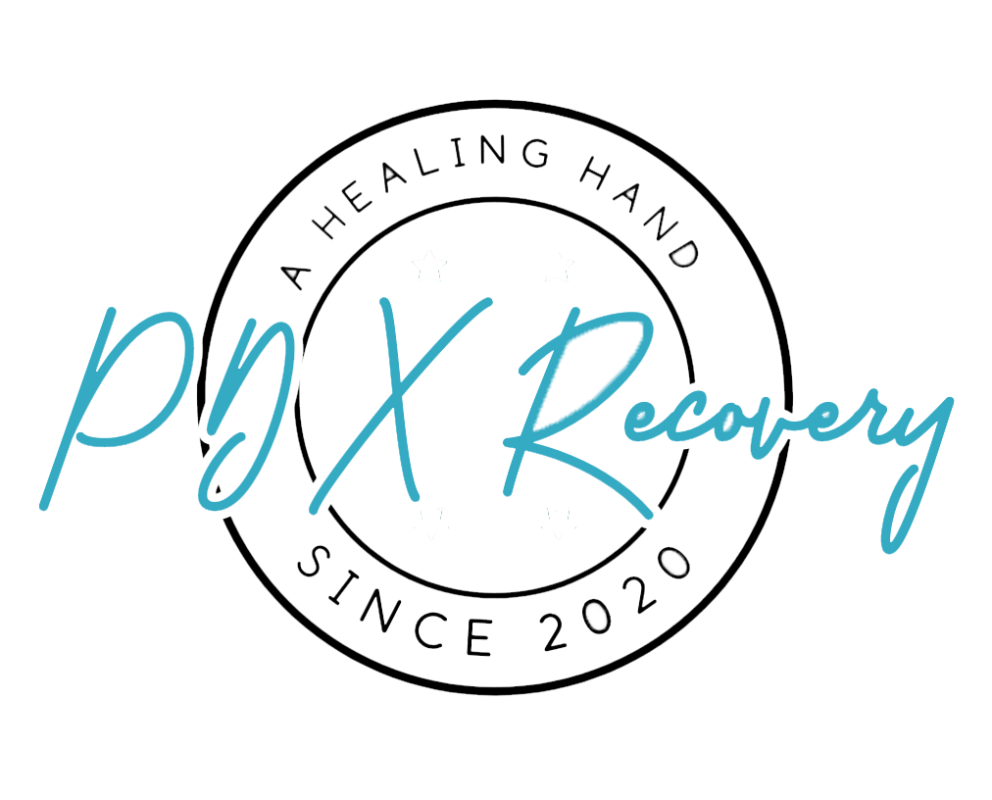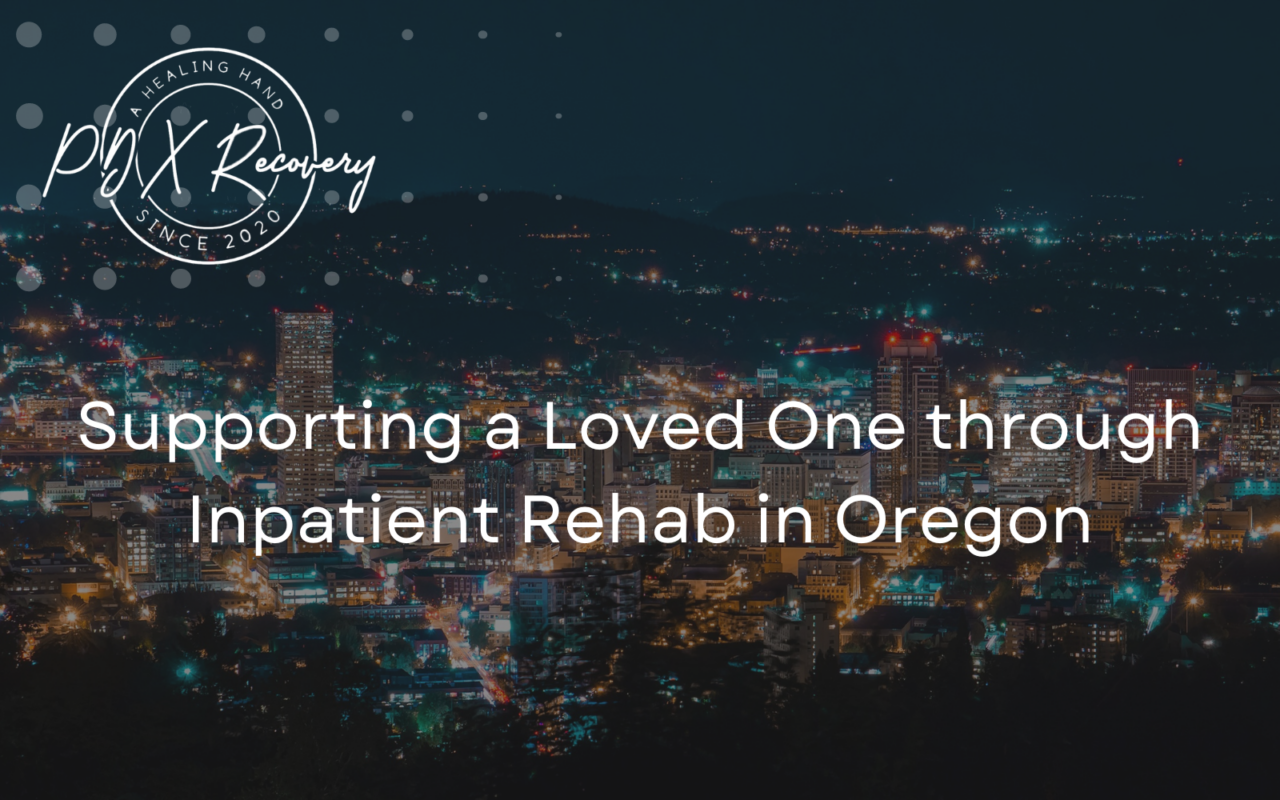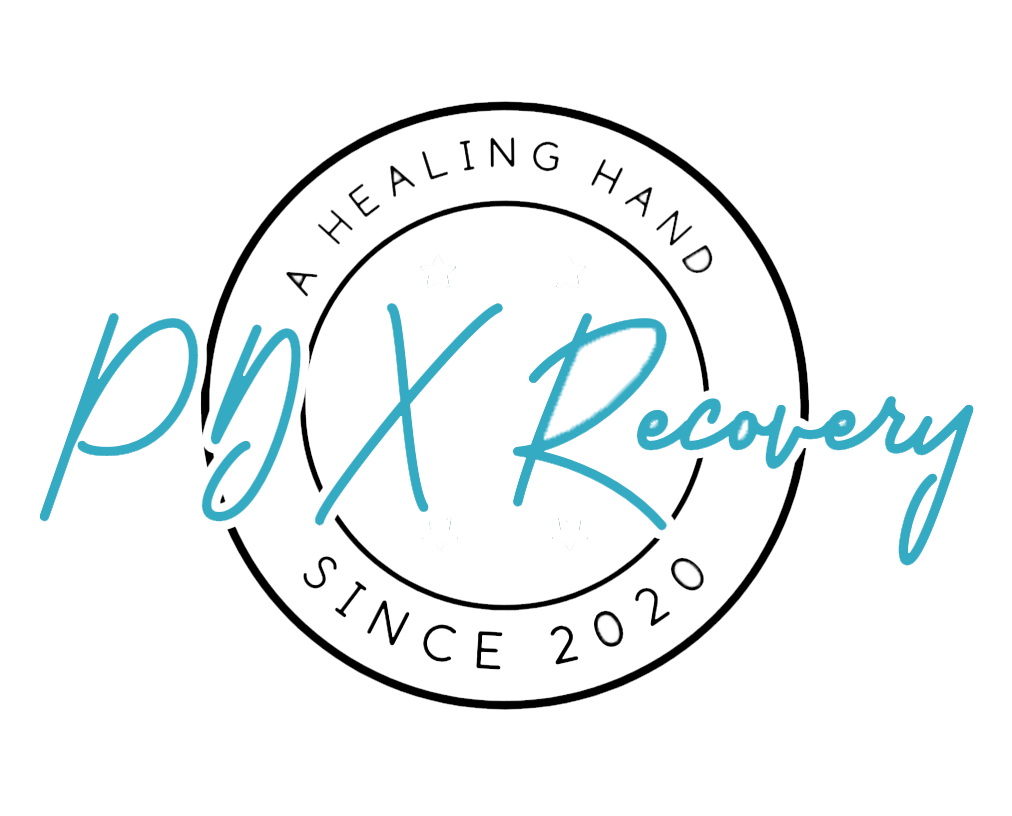Supporting a loved one through inpatient rehab in Oregon can be a challenging yet immensely rewarding experience. The path to recovery is often fraught with emotional ups and downs, and navigating these emotions can be overwhelming for both the individual in rehab and their support system. However, your support can make a significant difference in their healing process, providing the encouragement and stability they need to stay committed to their recovery journey. This comprehensive guide aims to provide family and friends with practical advice, emotional insights, and essential information to help them support their loved one effectively during this crucial time. From understanding the stages of addiction recovery to learning how to communicate and set boundaries, this guide offers a wealth of resources to ensure you are well-equipped to offer the best support possible.
What Is Inpatient Rehabilitation?
Inpatient rehab in Oregon is a structured and intensive addiction treatment program designed to provide round-the-clock care and support. Unlike outpatient programs, inpatient rehab requires patients to reside at the facility for a specified period, which can range from a few weeks to several months depending on the individual’s needs and progress. This ensures a controlled environment, free from external triggers and distractions, allowing individuals to focus solely on their recovery.
The program often includes a combination of medical detoxification, individual and group therapy, educational sessions, and holistic treatments such as yoga or art therapy. The comprehensive nature of inpatient rehab aims to address not only the physical aspects of addiction but also the psychological and emotional factors, promoting long-term sobriety and well-being. Moreover, patients benefit from the support of a dedicated team of healthcare professionals, including doctors, nurses, therapists, and counselors, who work collaboratively to create personalized treatment plans.
Intensive Addiction Treatment Program
Inpatient rehab programs are highly intensive and tailored to meet the specific needs of each patient. They include a combination of medical detoxification, individual and group therapy sessions, and holistic treatments like yoga and meditation. These programs provide 24/7 medical care and support, ensuring that patients are safe and comfortable throughout their recovery journey. The goal is to address not just the addiction but also the underlying issues contributing to it, such as mental health disorders or trauma. By incorporating a comprehensive approach that includes psychological evaluation, family therapy, and relapse prevention strategies, inpatient rehab in Oregon aims to equip individuals with the tools they need for long-term recovery and success.
Round-the-Clock Care and Support
One of the most significant advantages of inpatient rehab in Oregon is the continuous care and support available 24/7. Medical professionals, therapists, and support staff are on hand to provide immediate assistance, whether it be for medical emergencies or emotional crises. This level of care ensures that patients receive the support they need at any hour, significantly improving their chances of successful recovery.
Inpatient facilities are equipped with advanced medical technology and treatment options to address a wide range of issues. Additionally, the structured environment helps to establish a routine, which is crucial for recovery. Patients benefit from personalized treatment plans, regular monitoring, and the reassurance that help is always nearby. This comprehensive approach not only addresses physical health but also focuses on mental and emotional well-being, creating a holistic path to recovery.
Duration of Stay
The length of stay in an inpatient rehab facility can vary depending on the severity of the addiction and the progress made during treatment. Typically, programs range from 28 days to several months. For example, a short-term program might last around 28 to 30 days, providing an intensive initial phase of detoxification and therapy. On the other hand, long-term programs can extend to 60, 90 days, or even more, allowing for a more gradual and in-depth recovery process.
Longer stays are often recommended for individuals with severe addiction issues or co-occurring mental health conditions, such as depression or anxiety disorders, to ensure they receive comprehensive care. These extended programs offer additional time for patients to develop coping strategies, build a strong support network, and address underlying psychological issues. Moreover, staying longer in a controlled environment can significantly reduce the risk of relapse, giving individuals a better chance to reintegrate into their daily lives with the tools and confidence needed to maintain sobriety.
The Importance of Understanding Inpatient Rehab in Oregon
Understanding the ins and outs of inpatient rehab is crucial for providing effective support to your loved one. This type of rehabilitation offers a structured environment where patients can focus entirely on their recovery, free from external distractions. Here are some key aspects to consider:
Recognizing the Commitment and Process
Inpatient rehab in Oregon is a significant commitment that requires understanding and support from family and friends. It’s essential to recognize the effort and determination your loved one is putting into their recovery. The process involves multiple stages, including detoxification, therapy, and aftercare planning, each requiring different levels of support and engagement.
Detoxification is often the first and most challenging step, as it involves clearing the body of harmful substances, which can be physically and emotionally taxing. Following detox, therapy sessions, both individual and group, are crucial for addressing the underlying causes of addiction and developing healthier coping mechanisms. Finally, aftercare planning ensures that individuals have a solid support system and resources to maintain sobriety after leaving the facility. Every stage is vital and interconnected, making the ongoing support from loved ones invaluable for a successful recovery journey.
Ensuring the Right Support System
A solid support system is vital for the recovery process. Your role as a family member or friend is to offer emotional and practical support, creating a nurturing environment that encourages your loved one to stay committed to their recovery goals. This support system can include attending family therapy sessions, participating in educational programs, and being there for moral support.
Additionally, it’s important to develop open communication channels, so your loved one feels comfortable sharing their struggles and progress. Be patient and understanding, as recovery can be a long and challenging journey. Providing consistent encouragement and celebrating small victories can make a significant difference. Moreover, educating yourself about the recovery process and any underlying conditions can help you offer more informed and effective support. Remember, your unwavering presence and positivity are key elements in helping your loved one achieve lasting recovery.
Supporting a Loved One
Your support can come in various forms, each playing a crucial role in your loved one’s recovery. This can include offering emotional encouragement, helping with daily tasks, attending therapy sessions together, or simply being a patient listener. Every small act of kindness contributes significantly to their journey toward healing and well-being.
Emotional Support
Providing emotional support is perhaps the most critical aspect of helping someone through inpatient rehab in Oregon. Be there to listen attentively, offer words of encouragement, and validate their feelings. Understanding their struggles and celebrating their milestones can significantly boost their morale and commitment to recovery. Share empathetic conversations and remind them of their progress, no matter how small. Offering a consistent presence and being a source of positivity can make a substantial difference in their journey towards healing. Building a supportive environment where they feel safe and understood can facilitate their path to long-term recovery.
Practical Support
While emotional support is invaluable, practical support can make a world of difference too. Offering help with daily tasks, providing resources, or simply being there to lend a hand can significantly alleviate stress and improve someone’s overall well-being.
Managing Responsibilities at Home
Taking care of daily responsibilities at home, such as paying bills, looking after pets, or maintaining the household, can alleviate some of the stress your loved one may feel. This includes ensuring that all utility bills are paid on time, managing grocery shopping, and keeping the home environment clean and organized. Additionally, tending to pets by feeding them, taking them for walks, and scheduling vet appointments can provide peace of mind. Knowing that everything is taken care of allows them to focus entirely on their recovery, without the added worry of daily tasks piling up.
Staying Informed About Their Progress and Treatment
Stay engaged with the rehab facility to keep track of your loved one’s progress and treatment plan. Regular updates can help you understand the challenges they face and how you can best support them. Many facilities offer family counseling sessions and progress reports to keep you well-informed.
Building a strong relationship with the staff can provide additional insights into your loved one’s journey towards recovery. By attending family counseling sessions, you can learn effective ways to communicate and offer support. Progress reports will give you a clearer picture of their milestones and any adjustments needed in their treatment plan. Staying informed is crucial for providing the emotional and practical support that can make a significant difference in their rehabilitation process.

Tips for Effective Support
Effective support involves a combination of open communication, education, and encouragement. Open communication ensures that concerns and needs are clearly understood, while education provides the necessary knowledge and skills to address challenges. Encouragement helps to motivate and build confidence, fostering a positive environment for growth and development.
Communicate Openly and Honestly
Maintaining open and honest communication with your loved one is essential. Encourage them to share their thoughts and feelings without fear of judgment. This openness can foster a deeper emotional connection and build trust, making it easier for them to turn to you in times of need. Make sure to actively listen and validate their experiences, showing empathy and understanding. Regularly check in with them to ensure they feel supported and valued. By consistently practicing open communication, you create a safe space where both of you can express yourselves freely, strengthening the bond between you.
Educate Yourself About Addiction and Recovery
Understanding addiction and the recovery process can make you a more effective support person. It’s important to recognize that addiction is a complex condition, often involving both physical and psychological aspects. Educate yourself on the nature of addiction, including the factors that contribute to it, such as genetics, environment, and mental health. Learn about the challenges of recovery, such as managing cravings, dealing with triggers, and the potential for relapse. Explore the various types of treatments available, from detoxification and medication-assisted therapy to counseling and support groups. This comprehensive knowledge will enable you to provide informed support and empathy, making a significant difference in the recovery journey of someone you care about.
Encourage Participation in Aftercare Programs
Aftercare programs are crucial for sustained recovery. Encourage your loved one to participate in these programs, which may include continued therapy, support groups, or sober living arrangements. Continued therapy can help address any lingering emotional or psychological challenges, while support groups offer a sense of community and shared experiences. Sober living arrangements provide a structured environment that reinforces a substance-free lifestyle. These programs provide ongoing support and resources to help individuals maintain their sobriety, offering them the tools and encouragement needed to navigate the complexities of life post-recovery.
About PDX Recovery
PDX Recovery is a leading rehabilitation facility that offers comprehensive treatment for addiction and substance abuse disorders. Our team of experienced professionals are dedicated to providing personalized care to every individual who walks through our doors, addressing their unique needs and challenges. Our evidence-based approach combines traditional therapy methods with innovative techniques, offering a holistic approach to recovery. We offer a range of services, including detoxification, medication-assisted therapy, counseling, and aftercare programs, all aimed at helping individuals overcome addiction and achieve long-term sobriety. At PDX Recovery, we understand that each person’s journey towards recovery is different, which is
Finding Care for Your Loved One
Supporting a loved one through inpatient rehab in Oregon is a profound act of love and commitment. While the journey may be challenging, the rewards are immense. By providing emotional and practical support, staying informed, and encouraging ongoing engagement in aftercare programs, you can play a pivotal role in your loved one’s recovery.
Remember, patience and understanding are key. Recovery is a gradual process, and setbacks may occur. However, with your unwavering support, your loved one can overcome these challenges and achieve lasting sobriety. For those looking to deepen their understanding or seek additional resources, consider reaching out to professional support networks or scheduling a consultation with a rehabilitation specialist.
Together, you can navigate this journey and emerge stronger, more resilient, and closer than ever before. For more information visit our website at https://pdx-recovery.com/ or call us at (971) 256-9087.






